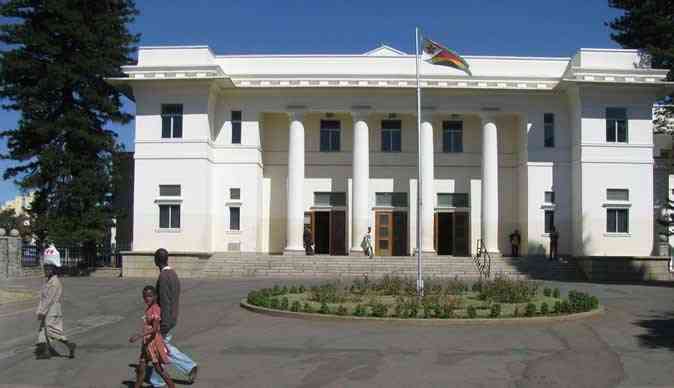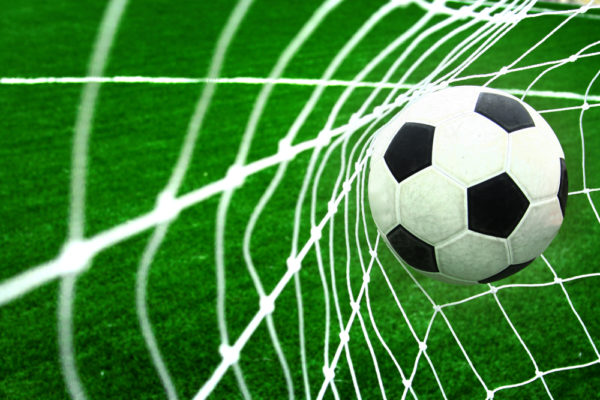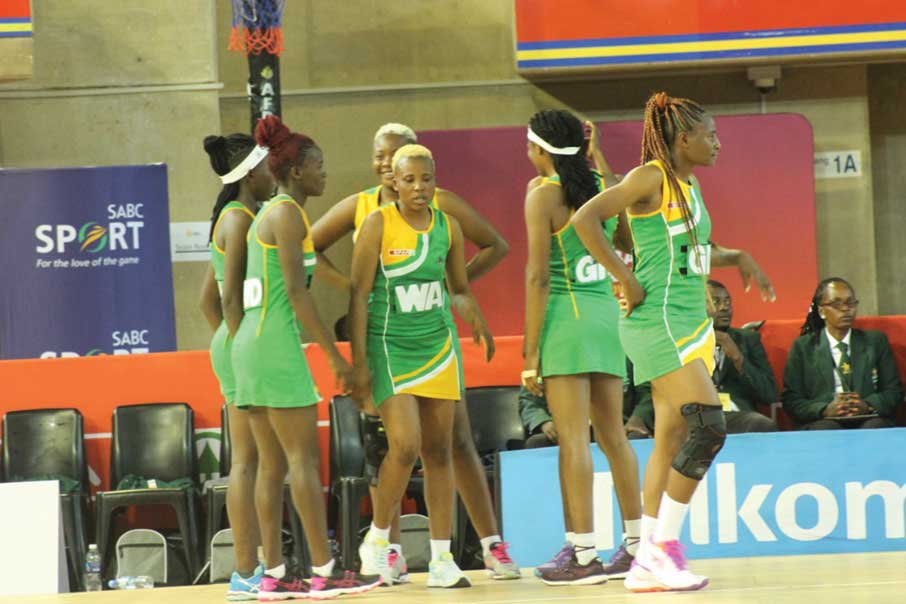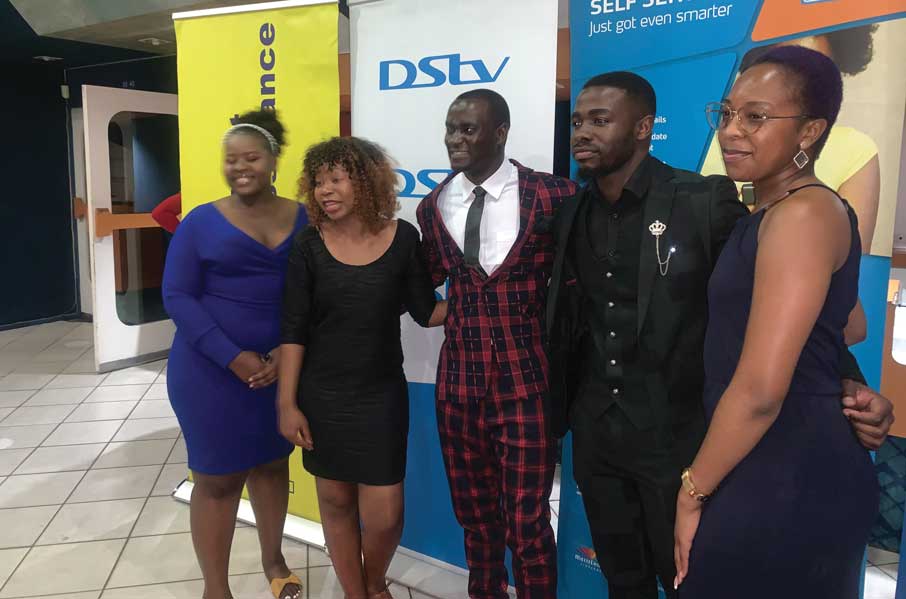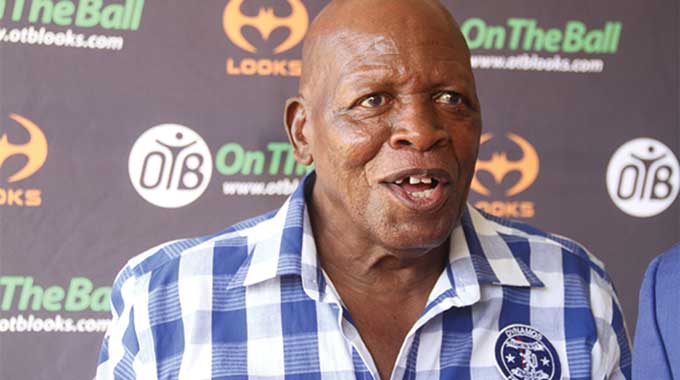
BY TIM MIDDLETON
MANY readers will no doubt have made the customary New Year Resolutions (and may even have broken them already) though many will not have come up with the following wacky ones: “I will keep it to myself that I have trouble with authority when I’m being interviewed.”
One declared that “I will check my work e-mail account at least once this year” while another one has announced that he will “help kids stay safe by not texting on my cell phone while eating McDonald’s and speeding through crosswalks in school zones with a frost-covered windshield”.
However, let us be serious now and reflect on what resolutions we need to make with regard to coaching youngsters sport.
We need to go right back to basics and remind ourselves afresh that school sport is not professional sport.
School sport is obviously done at school and the purpose of school is for pupils to learn. It does not take a genius therefore to work out that the reason that we do sport at school is for the pupils to learn – as with academics when they have classes, homework and exams, so with sport pupils will have practices, individual training and fixtures, all geared for the purpose of the pupils learning. Fixtures are not there for the parents’ entertainment, the coach’s CV or the school’s reputation; they are held for the pupils’ learning, not just about sport but also and equally about life.
It is on that basis therefore that coaches (and parents) must make the following resolutions, the greatest of which is to coach for the children’s learning – not just one or two of them but all of them.
I will ensure all my players enjoy sport, not endure it. I will do everything possible to ensure every child wants to continue with sport after school.
- Chamisa under fire over US$120K donation
- Mavhunga puts DeMbare into Chibuku quarterfinals
- Pension funds bet on Cabora Bassa oilfields
- Councils defy govt fire tender directive
Keep Reading
I will ensure I enjoy the time with them, as an example to them, and I will look to gain my enjoyment from seeing progress rather than success.
I will encourage youngsters to learn to play in different positions and different sports for as long as possible, to broaden their understanding of sport and to develop their all-round ability.
I will give all my players opportunities to have game time, and not just keep using my best players, as I am there to develop each child, not just some.
I will give every player the opportunity to captain the team on one occasion, especially at a younger age, and thus teach them to take responsibility and to think about the bigger picture.
I will treat all players individually. I will encourage and inspire each child.
I will apply life lessons to every practice session and every match. I will coach according to my school’s Vision and Values, not my own.
I will look to Long Term Player Development, not quick-fix instant gratification. I will coach players to take responsibility and to make decisions for themselves by giving them responsibility.
I will ensure that I use the five Cs of twenty-first century learning to enhance their sporting progress – I will get my players to think critically, to show creativity, to apply communication, to develop collaboration and above all to produce character.
During matches I will remain silent on the side-lines and allow the players to put into practice what they have learned; only a bad coach has to shout instructions.
I will refrain from questioning decisions by officials and concentrate on my role as coach.
At half-time I will only ask questions, for the pupils to work out for themselves what they must do. At full-time I will not have a post-match de-brief but leave such for the next training session.
I will not promote results or records but commend attitudes and values shown.
I will react in exactly the same way, whether my team wins or loses, with humility, dignity and respect. I will ensure I have equipped every player to know how to handle success and failure. I will inspire each player to look at what can be learned from winning as much as losing.
Above all, I will set a positive example at all times in terms of dress, punctuality, behaviour, language.
We need to understand this is not a laughing matter. These are not fun suggestions or crazy intentions.
If we are to fulfil our responsibilities, we must honour these resolutions, in their entirety, not just for a short time, as we would do for United Nations Resolutions. Sport at school is all about the children, not the coaches. It is all about learning, not about winning.
We are to give them life-long lessons, skills and values. If we do not understand that, we need to go back to school ourselves – and hope that we get a coach who has grasped the importance of such resolutions.
- Tim Middleton is a former international hockey player and headmaster, currently serving as the Executive Director of the Association of Trust Schools Email: [email protected]

